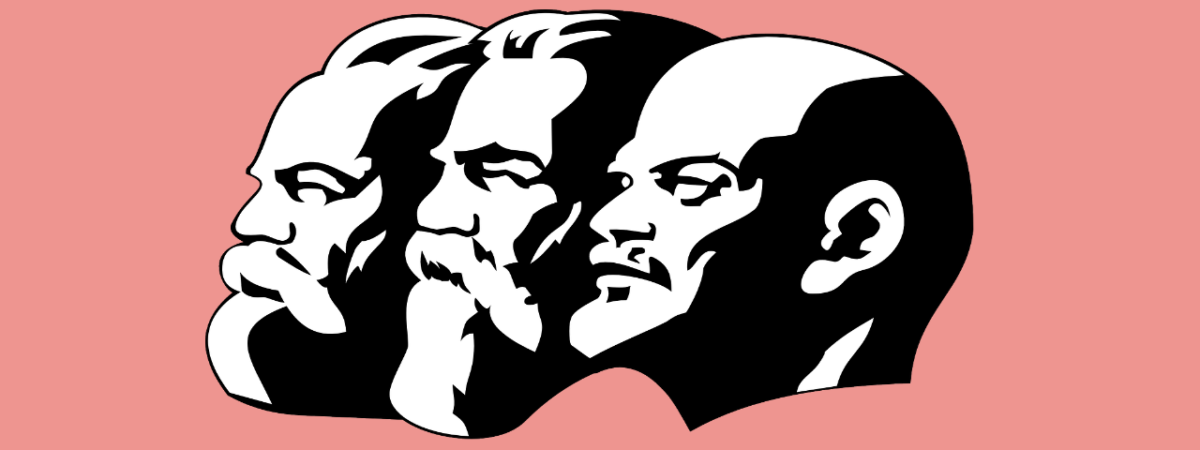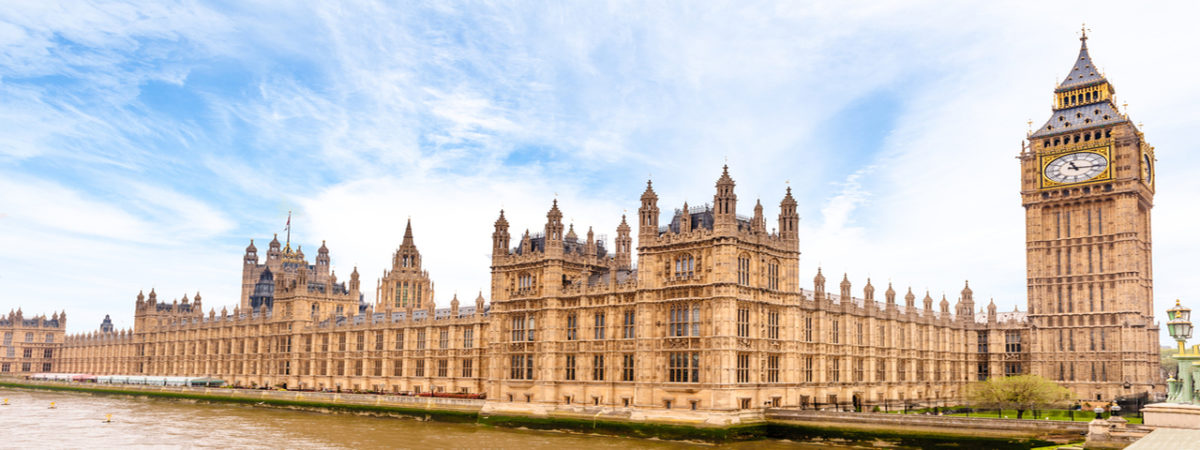The battle of ideas is NEVER over – and it is currently “less over” than ever
SUGGESTED



Nearly 30 years later, we see plenty of prominent intellectuals, activists, authors, academics and frontbench politicians convincing young people of the merits of socialism, an ideology which brought misery and poverty to millions.
Today’s students tell me of left-wing academic bias and cases of lecturers and teachers not wanting to be in the same room as students who identify as conservatives or libertarian.
We have just seen a spending review in the UK where a Conservative government has pledged to increase spending, without necessarily considering the structural changes to improve public services or to ensure they are delivered more effectively. Instead we see Conservative politicians believing they can run socialism better than socialists.
The saying that “the battle of ideas is never over” has never been truer.
That is why I am really excited to be starting as the Director of Research at the Institute of Economic Affairs at a time when we need to engage more vigorously in the battle of ideas.
I see three strands of research:
The first is “the fundamentals of freedom” in which authors restate or argue why classical liberal ideas are as relevant today as they ever were. To use an analogy, even though the holy books of many faiths are hundreds or thousands of years old, books on faith continue to be published to reach newer audiences.
The second strand is being “open to ideas”. I do not believe we need to “centrally plan” our research and pick winners, but sometimes the best ideas come from chance, serendipity etc. This may be blue sky thinking such as the book the IEA published on chaos theory in the 1990s or long term thinking to place ideas on the agenda for the future, such as the old IEA pamphlet calling for telephony services to be separated from post offices, privatised and liberalised. At the time they were dismissed as right-wing cranks, when they were prophetic. It took decades for separation and privatisation, and finally, for a competitive telecoms markets to emerge.
I hope we can look at how our societies will change over the next 10, 20, 30 years and the issues we need to consider. For example, will new technologies such as Artificial Intelligence or Blockchain lead to freer societies or how will governments seek to use these technologies to limit freedoms?
The third is topical or relevant research. What issues do people care about and how does a classical liberal approach improve peoples’ lives? What are the classical liberal solutions to the housing crisis or improving transport, healthcare and education systems? How do market-based solutions and less or no taxpayer subsidies deliver a greener environment? Do government issued patents and intellectual property rights stifle or stimulate innovation? What does a classical liberal foreign policy look like? Of course, there is often no single classical liberal view just as there is no corporate IEA view, but we should continue to stimulate the debate.
In addition to these research strands, I believe we need to do more than simply write about freer societies.
When we talk about a smaller state and allowing people to keep more of their own income, our opponents accuse us of not caring about the very poorest in society. They tend to believe only the state or large NGOs campaigning for more taxpayer funding, can tackle poverty. I would like to see us demonstrating classical liberalism in action by not only championing the thousands of local non-state charities helping people in their local communities, but also helping to incubate more and more similar charities in local communities across the country.
In addition, we need to think about solutions to help those who lose out from change. Can we and how do we encourage non-state solutions to help those who lose their jobs when a large factory closes and threatens to disperse a community? Do we simply shrug our shoulders and celebrate “creative destruction” at the macro level, or do we have solutions at the micro or grassroots level?
Finally, while there are many classical liberal texts available in English, we should be at the forefront of translating key texts and spreading these ideas across the world. Linda Whetstone and I were two of the original founders of the Islam & Liberty Network to encourage the idea that there is no inherent contradiction between Islam and free societies, including translating and disseminating classical liberal texts into Arabic, Farsi, Dari etc. I hope that we at the IEA can continue to support her Network for a Free Society in bringing liberty to less free societies.
I look forward to working with my colleagues at the IEA and its allies across the political spectrum and across the world who share our vision of freer societies. I believe that the IEA will continue to be the intellectual hub for ideas for years to come.



